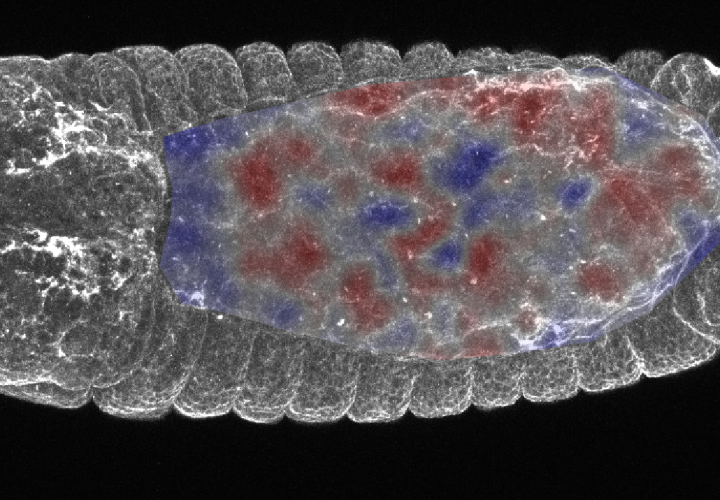The University of Göttingen is an internationally renowned research university. Founded in 1737 in the Age of Enlightenment, the University is committed to the values of social responsibility of science, democracy, tolerance and justice. It offers a comprehensive range of subjects across 13 faculties: in the natural sciences, humanities, social sciences and medicine. With about 28,000 students and more than 210 degree programmes, the University is one of the largest in Germany.
New press releases

Exploring the dynamics of change in urban and rural spaces
Global urbanization is one of the major challenges of our time. A new interdisciplinary Research Unit based at the Universities of Kassel and Göttingen investigates the diverse phenomena that emerge from the interwoven development of urban and rural areas — and the distinct underlying patterns and dynamics of change they give rise to. The German Research Foundation (DFG) will fund the new Research Unit Sustainable Rurbanity – Resources, Society, and Regulatory Systems for an initial four-year period.
more…
Do red squirrels and dormice get along?
Can animals share the same space peacefully high above the ground in the treetops? A research team has found that forests combining both deciduous and conifer trees make it easier for red squirrels and dormice to coexist. Using cameras placed high in the canopy, scientists discovered that red squirrels tend to prefer coniferous forests, while dormice are more commonly found in beech forests. However, in mixed forests that include both tree types, both species were observed living side by side.
more…
Listening to each other
Thousands of cells coordinate, move and exert mechanical forces on each other as an embryo takes shape. Researchers at the Göttingen Campus Institute for Dynamics of Biological Networks (CIDBN) have discovered a new way that embryonic cells coordinate their behaviour. This involves molecular mechanisms previously known only from the process of hearing. The researchers attribute the fact that such different cells use the same proteins for two such different functions to their evolutionary origin.
more…
Navigating the future of work
The future of work is the subject of a new international research network at the University of Göttingen. In cooperation with representatives from the University of Osnabrück, the network brings together 15 young researchers from various German and international universities. Over the next two years, they will be researching the changing dynamics of global virtual collaboration in the digital age.
more…
Where the wild bees thrive
The global decline of wild bee populations is alarming. Landscapes characterised by intensive agriculture offer hardly any suitable habitats. Isolated local efforts are often not enough to counteract this loss. Researchers have now shows that combining certain agricultural and environmental measures at the landscape level can offer more protection for wild bees. Their findings show that organic farming combined with multi-year natural habitats is particularly effective.
more…
How gene evolution controls animal diversity
The German Research Foundation (DFG) has awarded funding for a new Research Training Group (RTG) at the University of Göttingen. The RTG “GönomiX” will enhance our understanding of genes and their functions in evolution of the animal world. Researchers will collect comparable data for the first time on gene regulation in different animal groups – from beetles to flatworms to snails and jellyfish. They will then investigate how selected genes work.
more…























